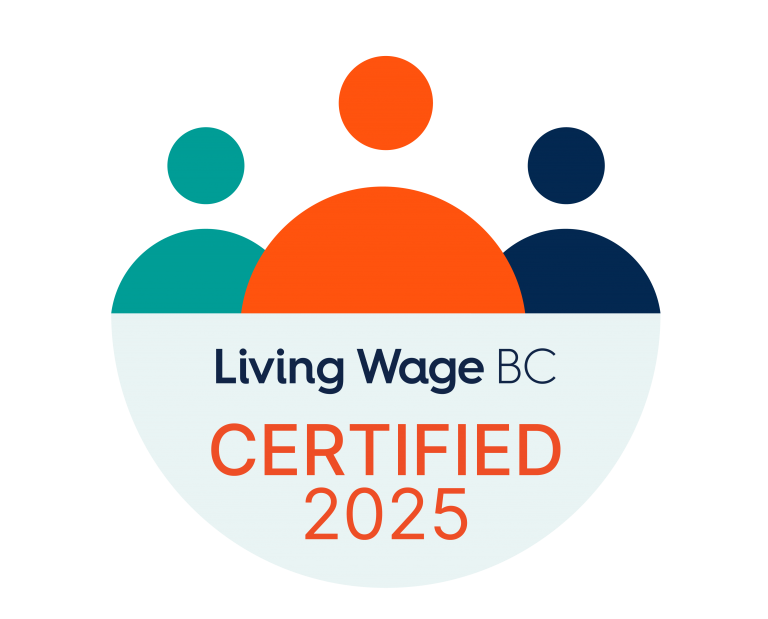CVBC Complaints & Investigation Process Review
News Release
Release Date: July 13, 2022
College of Veterinarians of BC Embarks on Major Revision of Public Complaints Process
A major revision of the College of Veterinarians of BC public complaints process is about to get underway as a result of a comprehensive review by Harry Cayton, an international expert on professional governance and regulation, and Greg Cavouras, a BC lawyer who practises in the areas of administrative law and professional regulation.
The Cayton Review and Report on Complaints Process of the College of Veterinarians of BC was commissioned in October 2021 by the College and was accepted by the CVBC Council on April 29, 2022. Since that time the College has been working with Council, staff and committee members in order to develop an action plan to support implementation of the report recommendations.
“Undertaking this review is a signal that the CVBC is committed to ensuring an efficient, fair and transparent process for the public and registrants and is dedicated to embarking on a path of continuous improvement. The CVBC recognized that change was necessary in the face of an increasing number of complaints and a heavy administrative burden,” said the College’s Registrar and CEO, Dr. Megan Bergman. “The review has provided solid recommendations to help guide the College with respect to compliance with legislation and bylaws and alignment with the Standards of Good Regulations for Complaints.”
Dr. Jane Pritchard, President of the College, added that she welcomed outside expert help from the U.K.-based Cayton: “It became quite clear to us over the past couple of years that we needed to do more to improve the College’s complaints process, and we looked for the best expert to help us, and Mr. Cayton came highly recommended as the expert we needed to support change implementation.”
“The College advised CVBC registrants in the fall of 2021 that a review of the complaints process was underway. Complainants and registrants who participated and completed a complaints process in the past two years received a survey and were invited to provide feedback and if desired request an interview. We are now in a position to share the findings of the report, as well as our plan for the path forward. “When we received the Report a working group of veterinary and public Council members were appointed to guide the work of the CVBC team in the implementation of our response to the Review’s 24 recommendations,” Dr. Pritchard said.
Added Registrar Dr. Bergman: “The recommendations addressed the CVBC complaints and investigation process, and the need to ensure the public is served by a competent and ethical profession. It was certainly difficult to hear that the College did not meet 8 of the 10 standards of good regulations for complaints, and that the remaining two were only met partially.”
“That being said, these standards are something to strive for, and we see this as an exciting opportunity to take an innovative and progressive approach to regulation. We know we must take immediate action to resolve this situation to meet – and exceed – each standard to address the public’s changing needs and expectations,” says Dr. Bergman.
The College’s draft action plan sees most of the recommendations being addressed this year, and the remainder next year, she said, starting with developing a plan to re-set the complaints process. It is anticipated that many of the recommendations dealing with complaints will be implemented in 2022/2023.
“Mr. Cayton’s review noted the professional commitment of the College staff, Council and Committees to improving its processes and service to the public,” Dr. Bergman said. “His recommendations are achievable, and we’ve already established an initial action plan which we will be discussing with Registrants shortly. We have already begun addressing some recommendations. This will be an evolutionary process where we will need to continue to refine, consult and change course as needed to achieve our goals.”
The College agrees with the Review’s recommended approach to its regulatory obligations – using a “Right-touch approach” in the receipt, assessment and disposition of the concerns it receives about the professionals it regulates. This approach is described in the Review.
“The College is totally committed to addressing each of the Review’s recommendations on a priority #1 basis,” said Dr. Pritchard. “We are pleased the staff is fully engaged and enthused about making the needed changes happen. We look forward to discussing the Review and our initial action plan with our Registrants.”
The Review is available for viewing at: A Review and Report on the Complaints Process for the College of Veterinarians of British Columbia
Further Backgrounders available at links below:
2) The Standards of Good Regulations for Complaints








